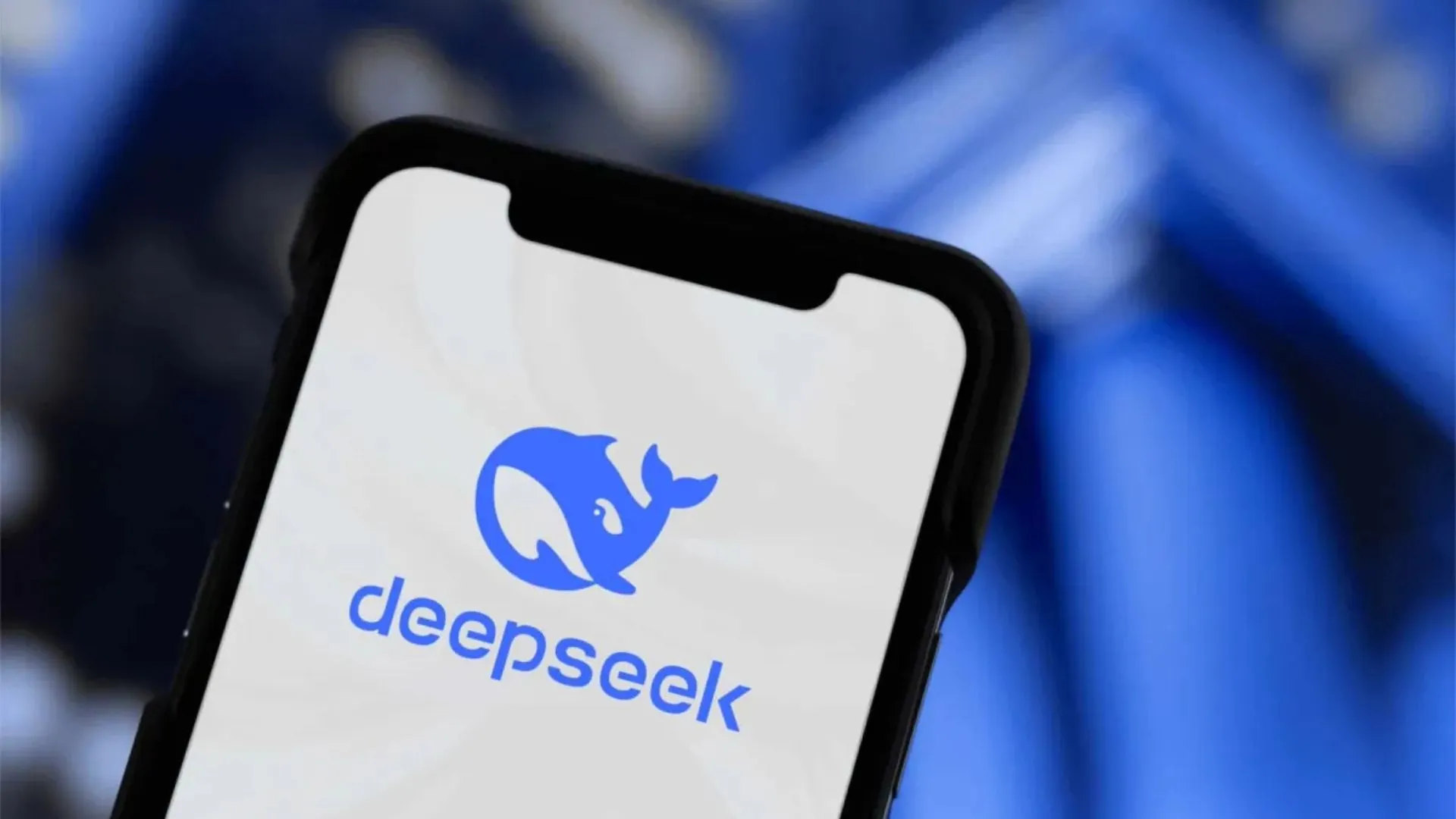The arrival of China’s DeepSeek has taken the worldwide-web by storm. It is a Chinese artificial intelligence (AI) startup which has been developing and releasing open-source large language models (LLMs). The apparent aim of DeepSeek is to democratize AI by allowing developers to base independent models of AI on this open-source, free of cost. This allows this low cost, high performance AI freely available to users. No wonder DeepSeek’s arrival has raised questions about the western AI models, with the stocks of companies like Nvidia losing $600 billion in value in just one day because of the high cost involved in their models as well as over fears that there will be less demand for high-end AI chips. No wonder DeepSeek wiped off $1 trillion from the US stock markets in a single day.
The 39-year-old Liang Wenfeng is the founder of the AI startup DeepSeek and is likely to help China beat the increasing restrictions being imposed by the United States on exporting high-end chips. According to media reports, Liang was one of the nine speakers at a special symposium on AI held last week by Chinese Premier Li Qiang. This has led to speculation that the PRC is looking at Liang, and similar tech companies to subvert the current global AI order. This came in the backdrop of Robin Li, CEO of Baidu, asked to speak at a similar symposium in 2023. In fact, Baidu unveiled its Ernie 4.0 AI to rival ChatGPT 4.0, while claiming that it was as good as the OpenAI tool.
PRC is now right in the forefront of the AI battle and is trying to dislodge, perhaps successfully, the US hold on high-tech.
Interestingly, at the time of writing, news is coming that another Chinese tech company, Alibaba, on Wednesday released Qwen 2.5 AI, which it claims is better than DeepSeek. In other words, PRC is now right in the forefront of the AI battle and is trying to dislodge, perhaps successfully, the US hold on high-tech. While this breaks the monopoly of one country on AI, the problem is that the actual aim of the PRC is upending the global order.
The PRC is not in the AI race for any philanthropic reasons, even though it offers things for cheap and free for the global consumer. Its aim is world domination. Hence, any AI tool coming from the PRC is designed to serve this purpose.
Ironically, even as Chinese companies speak of democratization of the AI space, the casualty of CCP’s race for AI dominance is openness and freedom, the core ingredients of democratic values. It should not come as a surprise that DeepSeek politely refuses to answer questions on the Tiananmen Square massacre, on the Tibetan freedom movement, on the status of India’s Northeast, specifically Arunachal Pradesh, on Xi Jinping—in short, anything that the Communist Chinese regime wants to censor and suppress.
By its very nature, Communist China is a malign power, with aggression and expansionism at its core—ask India, ask Taiwan. It’s a totalitarian power that is brutal and repressive—ask the Tibetans, the Uyghurs, the Hong Kong protesters, and even those Han Chinese who have dared to oppose the communist rule.
China speaks of global good, but behind that benign face is always a strategic aim. It subverts democracy and sovereignty wherever it goes. It is clear that it is aiming for a unipolar world, where there is only one hegemon—the PRC. There have been reports of China teaching government officials in African countries the value of one-party rule, of how chaotic and out of control democracies are.
Essentially, China wants to remake the world with Communist Chinese characteristics. What happens when a country like China comes to control untrammelled AI power? Lest we forget, China is already using face recognition technology to curb dissent among its own people. With AI, how far will such a malign power go?
Then there is the question of data. The more the world uses Chinese AI, the more Beijing collects metadata, which helps it to further fine-tune its AI tools. That it has made such progress in AI is proof that any Chinese tech that the world has used till date, including even TikTok, has helped Beijing to achieve this goal. Now imagine the metadata that China will collect if its AI models come to rule the world.
DeepSeek is clear, that the data it collects will be stored in China. It goes without saying that the PRC, including the PLA, will have complete access to that data. After all, no company in China can function without the direct support of the government.
The result is a huge security risk for the rest of the world. India being right on top of the list of China’s adversaries, notwithstanding all the talk about a so-called thaw between New Delhi and Beijing, needs to be careful about these AI tools coming from China. A day may come when India will have to consider banning the use of such Chinese AI in India, just the way it has done with TikTok and other Chinese apps. The threat is real.























